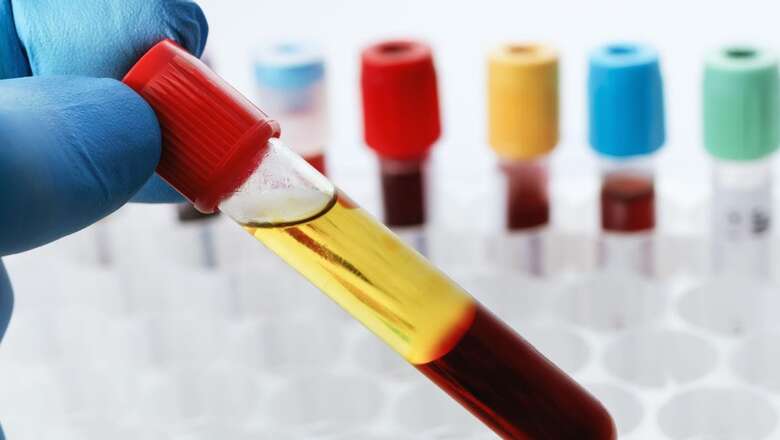
views
In recent years, Platelet-rich plasma (PRP) has gained popularity among patients suffering from a number of skin issues like hair loss, and pigmentation issues. An innovative treatment that can improve natural growth factors. But what is PRP treatment, and how effective it is for you? Let’s take a closer look into the details and learn about all the important aspects of this innovative treatment.
What is Platelet-rich plasma (PRP)?
Platelet-rich plasma therapy is a medical process that utilizes the regenerative properties of platelets found in our blood to promote healing, repair tissues, and improve overall rejuvenation. It has been found to improve the healing process for shoulder pain caused by rotator cuff tears and other soft injuries. Platelets are rich in growth factors and other bioactive substances that restore cellular growth, collagen production, and tissue repair. Plasma-stimulating therapy can also send new signals to the brain, helping it identify and repair the specific cause of discomfort in areas such as the back, joints, and bones, which it sometimes struggles to do.
How does PRP work?
The first step in PRP surgery involves collecting a small amount of the patient’s peripheral blood. Peripheral blood includes 93% of red blood cells, 6% of the platelets, and 1% of leukocytes. Then, the blood is then spun in a centrifuge, separating the platelet-rich plasma from other blood components. The resulting PRP is collected and injected into the targeted area.
Benefits of PRP Treatment:
- PRP is commonly used for facial restoration, promoting collagen and elastin production, improving skin texture, and reducing the appearance of wrinkles, fine lines, and scars.
- PRP injections have shown positive results in restoring hair growth and treating conditions like androgenetic alopecia (pattern baldness). PRP can improve hair follicle health, increase blood supply, and promote hair thickness and density.
- PRP surgery pushes the healing process of tendon and ligament injuries, such as Achilles tendonitis or tennis elbow. PRP injections into the treatment area help reduce pain, and inflammation, and promote tissue regeneration.
- PRP has shown promising results in treating joint pain caused by osteoarthritis or other joint-related conditions. By restoring the body’s natural healing mechanisms, PRP can reduce pain, improve joint function, and potentially delay the need for more invasive interventions.
- PRP can be used to reduce the appearance of scars, including acne scars, surgical scars, or stretch marks. The growth factors in PRP help to restore the production of new collagen, leading to smoother skin.
How effective is the treatment?
Platelets contain a high concentration of cytokines, which are small proteins that play an important role in regulating the development and immune system cells. These small proteins, along with the growth factors in platelets, are very effective in promoting the natural healing process of the body, exactly how our skin recovers from bruises or cuts. As per research trials, PRP surgery can be effective for up to 9 months, although the duration may differ from person to person. Multiple factors such as the quantity of plasma used, the condition of platelets, and the seriousness of the injury in the targeted area can influence the effectiveness of PRP surgery.
Risks Involved:
While PRP surgery is considered safe, like any medical procedure, it also poses some risks. These risks may include infection, pain in the treatment area, bruising, and allergic reactions. It is advised to drink plenty of water and eat before the surgery to avoid feeling dizzy as it involves collecting blood. It is important to consult with a qualified medical professional who can evaluate your specific case, and determine if PRP surgery is suitable for you.




















Comments
0 comment